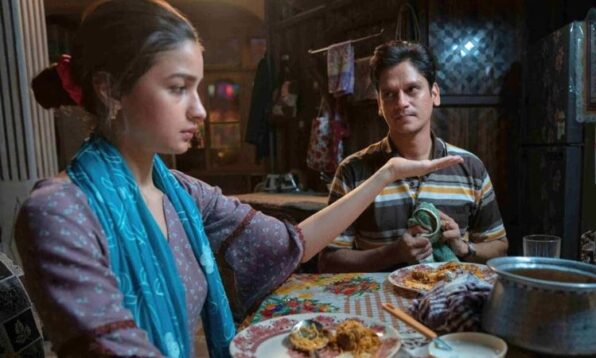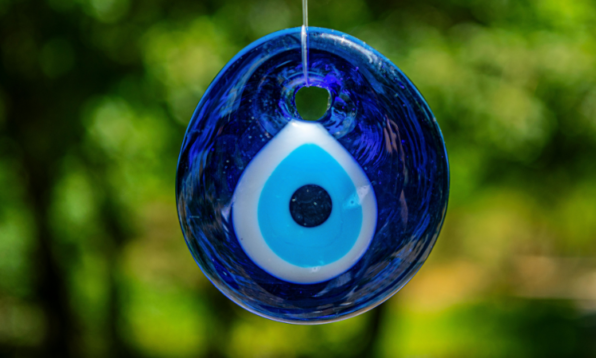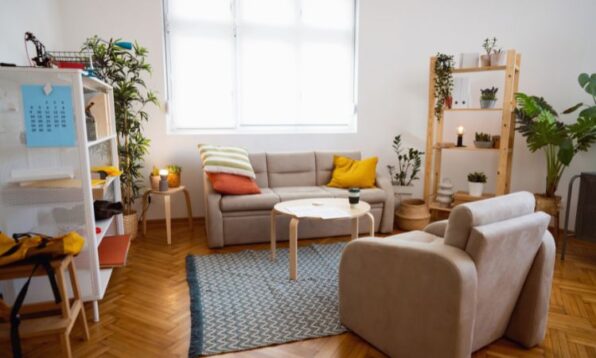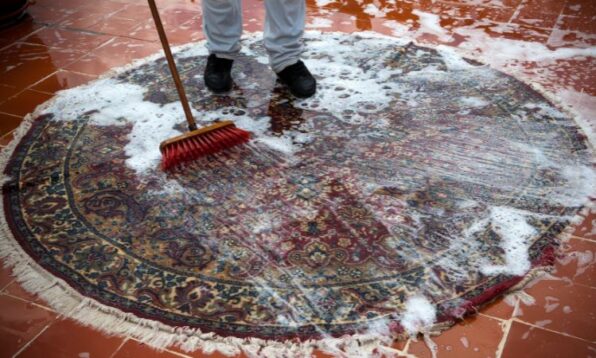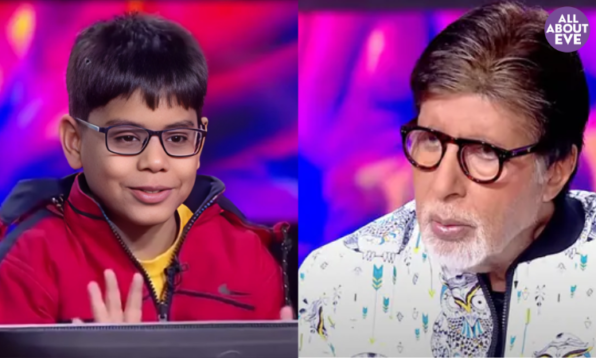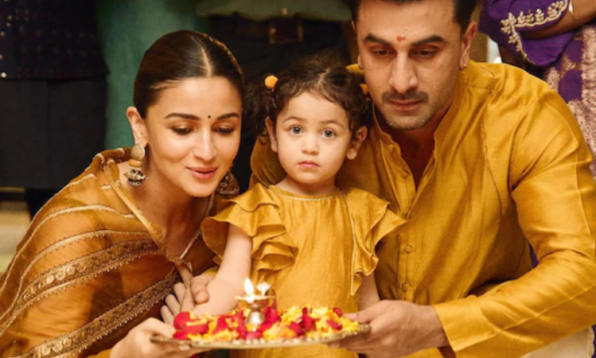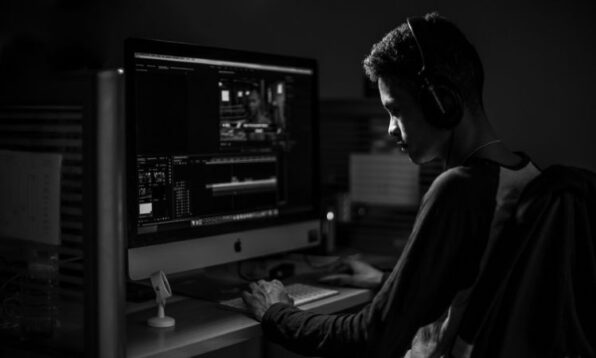Marriage in law is supposed to be a partnership of equals. But step into Indian courtrooms and you’ll see a very different picture. Legally, a husband’s hurt pride often weighs more than a wife’s suffering. From verbal insults being treated as “cruelty” to sexual assault within marriage being brushed aside, the legal inequalities in Indian marriages are hard to ignore.
Name-calling is cruelty, forced sex is not
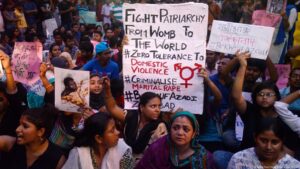
In a recent ruling by the Chhattisgarh High Court, a wife calling her husband a “paaltu chuha” (pet rat) and asking him to live away from his parents was enough to declare cruelty and dissolve the marriage. Section 13(1)(ia) of the Hindu Marriage Act recognises cruelty as a valid reason for divorce. However, the law does not define cruelty explicitly; instead, courts have shaped its meaning over time through judicial precedents. Cruelty may be physical or mental. What qualifies as cruelty often depends on the social standing, upbringing, and sensitivities of the spouses involved.
The problem is how cruelty differs for men and women. Mere name-calling is considered cruelty towards husbands, while extreme actions like sexual violence are not always seen as cruelty towards wives. The Kerala High Court in a landmark judgement said that forced sex with wife is “mental cruelty”, but not a crime. So, legally, verbal insults are the same as marital rape?
In October 2024, the Bombay High Court acquitted a man accused of cruelty and abetment of his wife’s suicide. The court ruled that making your wife sleep on the carpet, asking her to fetch water at night, and restricting her from mixing with neighbours doesn’t count as cruelty. The court let him walk free.
On the other hand, the Gauhati High Court granted a divorce to a man because his wife refused to wear sindoor. A division of the Delhi High Court bench too has held that a wife refusing to prepare meals for her husband and in-laws could amount to cruelty.
“Cruelty” in marriage: The larger problem
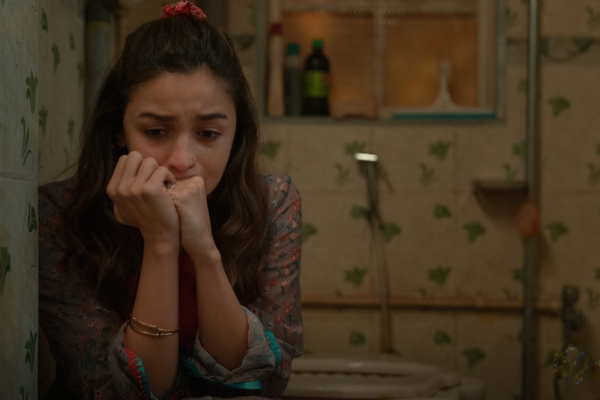
These cases show that the system applies a double standard when addressing cruelty in marriage. Authorities give husbands’ complaints, whether about insults, cooking, or in-law dynamics, immediate weight. In contrast, they minimise or dismiss wives’ complaints, even when those involve assault and coercion, often justifying them within the bounds of marriage. This isn’t just about bad judgements. The system, steeped in patriarchy, protects men’s dignity but treats women’s autonomy as negotiable. The legal inequality in Indian marriages is shocking, and it will continue to be so until the law stops protecting fragile male egos over broken women. Marriage for women in India still remains a legal battlefield of inequality, not a partnership of equals.
Featured Image Source

 Web Stories
Web Stories
